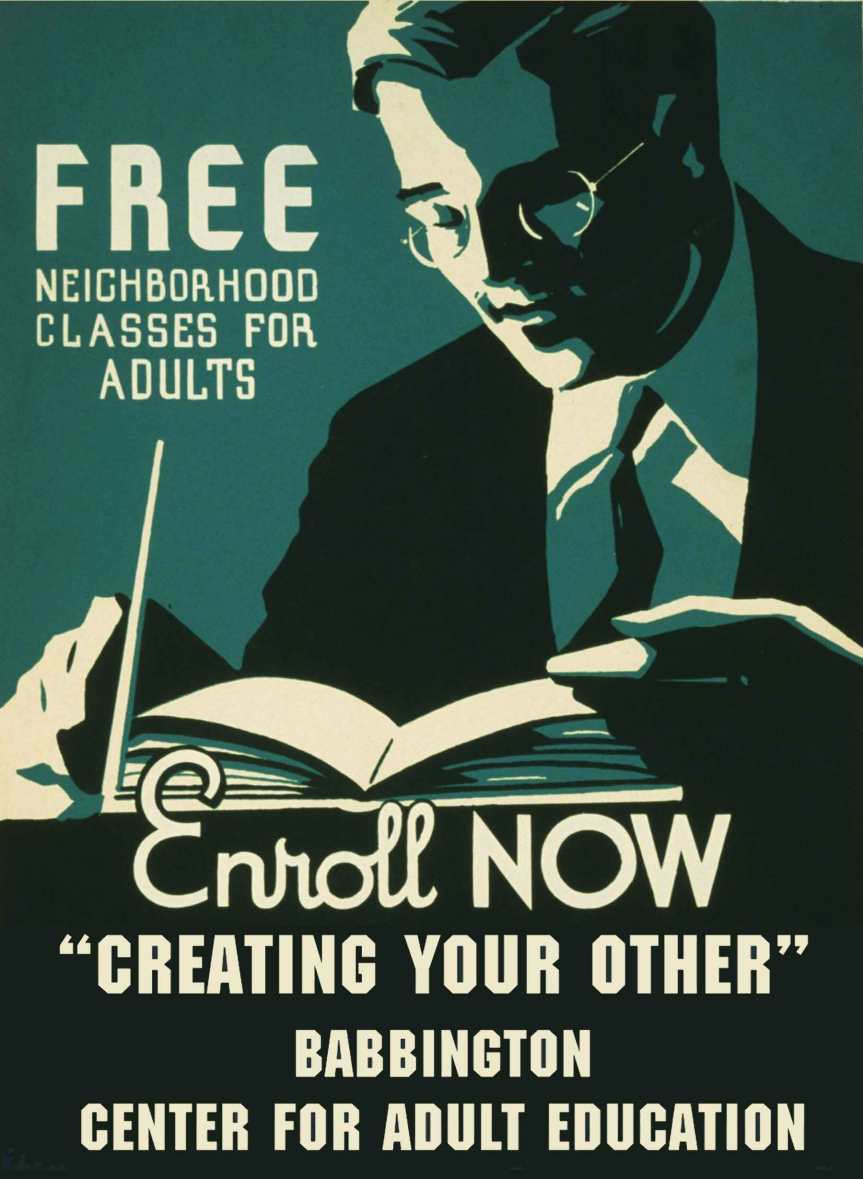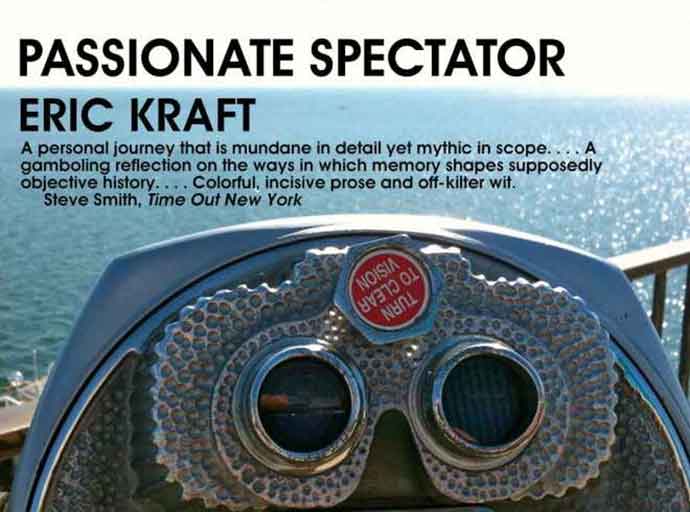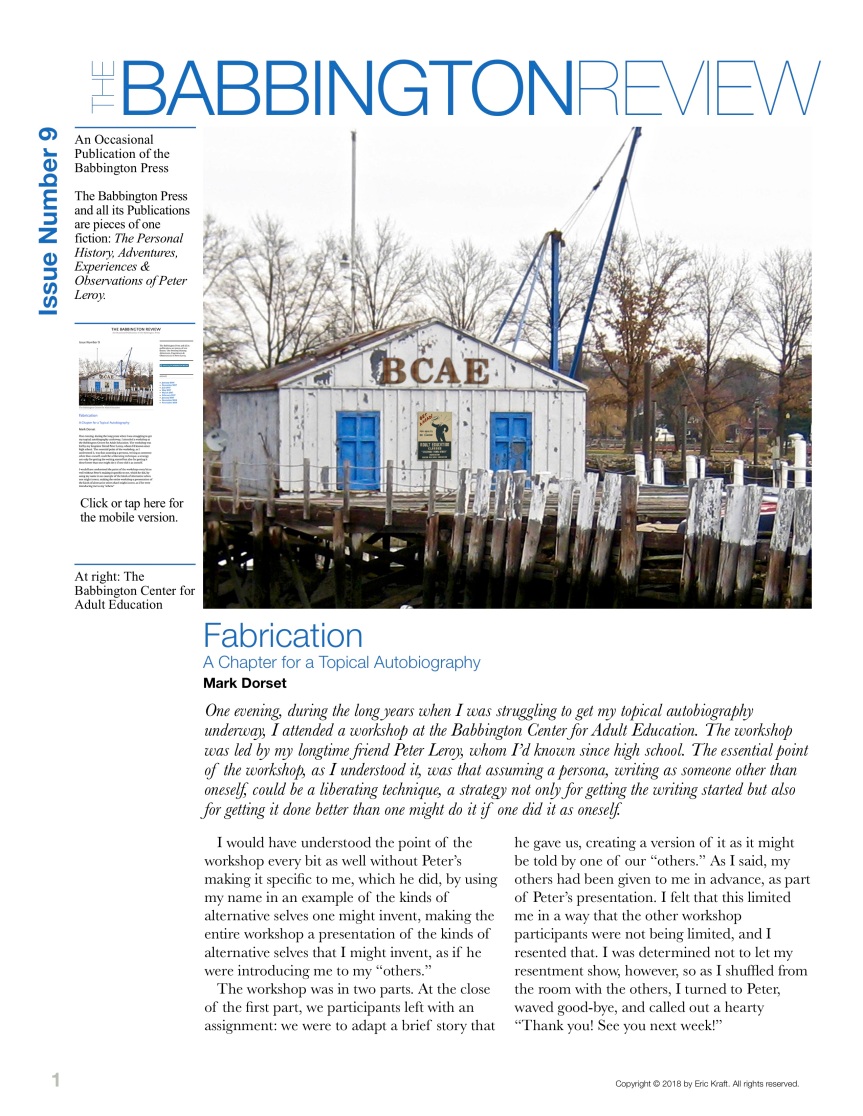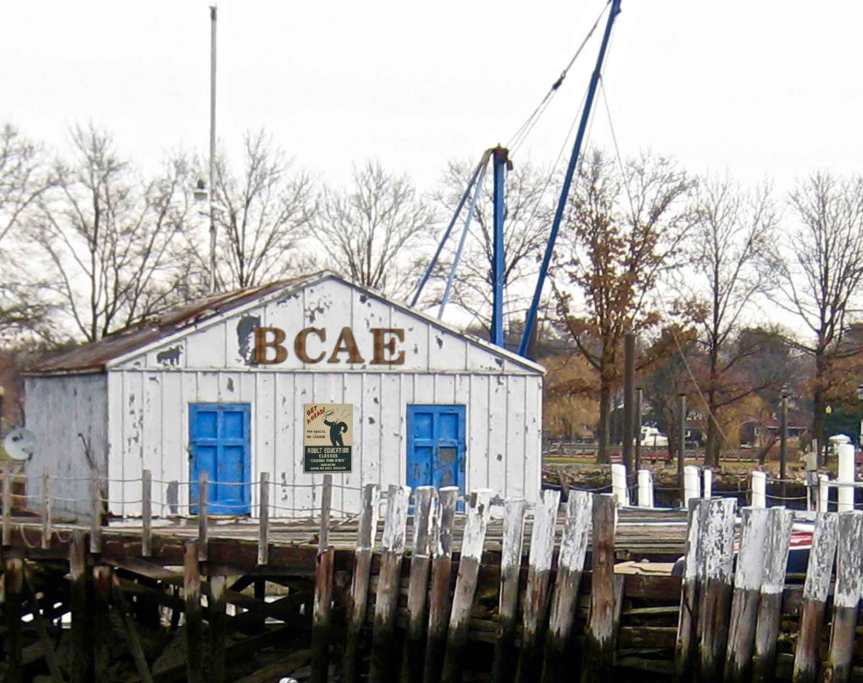
- The Babbington Center for Adult Education
Fabrication
A Chapter for a Topical Autobiography
Mark Dorset
One evening, during the long years when I was struggling to get my topical autobiography underway, I attended a workshop at the Babbington Center for Adult Education. The workshop was led by my longtime friend Peter Leroy, whom I’d known since high school. The essential point of the workshop, as I understood it, was that assuming a persona, writing as someone other than oneself, could be a liberating technique, a strategy not only for getting the writing started but also for getting it done better than one might do it if one did it as oneself.
I would have understood the point of the workshop every bit as well without Peter’s making it specific to me, which he did, by using my name in an example of the kinds of alternative selves one might invent, making the entire workshop a presentation of the kinds of alternative selves that I might invent, as if he were introducing me to my “others.”
The workshop was in two parts. At the close of the first part, we participants left with an assignment: we were to adapt a brief story that he gave us, creating a version of it as it might be told by one of our “others.” As I said, my others had been given to me in advance, as part of Peter’s presentation. I felt that this limited me in a way that the other workshop participants were not being limited, and I resented that. I was determined not to let my resentment show, however, so as I shuffled from the room with the others, I turned to Peter, waved good-bye, and called out a hearty “Thank you! See you next week!”
I worked on the assignment throughout the intervening week, fuming as I did so. I felt that Peter was toying with the people who were submitting themselves to his tutelage, following his instructions. We were being molded.
I was diligent, though. I always have been. Tell me what is required of me, and I get to work at once to meet the requirement or complete the assignment. I always meet the deadline, and I usually beat it. I beat this one. After four days, I had completed the task: I’d written a version of the story that he had read to us at the close of the first workshop session. I wrote my version as someone else, as “an other.” I wrote it as “Mort Drakes.”
Here is what Mort Drakes wrote.
It was a winter night, if I remember correctly. It must have been a weekend night, because my parents were out, and they didn’t ordinarily leave the house on weekday nights. I was sitting with some friends in the basement of the suburban house where I lived. My father had made several halfhearted stabs at “finishing” this basement, but it had never quite become a rec room, family room, or bar. It was just a basement room, but it was a good place for a bunch of high school kids to hang out and chat, tell tales, and insult one another. As far as we were concerned, finishing wasn’t required.
Who was there? Raskol, Spike, Marvin, Matthew, Patti, Margot, Martha, Peter, and me. The others had known one another for years. I was the new kid. I’d been in Babbington less than a year. I was already in love with Margot and Martha, and in the throes of a sweet agony of decision, assuming, as I did then, that I might have one or the other, but not both.
Sometimes, I have to admit, the history that the others shared made me feel that I would always be an outsider, but more often I just enjoyed listening to their stories and memories. They had had interesting childhoods in the backwater of Babbington.
As the best discussions do, this one rambled like a walk along unmarked trails, but after a while Matthew, who had always had a tendency to want to set an agenda, suggested that each of us should tell what one wish we would want granted if we could have any wish granted.
Raskol wanted money; Spike wanted money too; Marvin wanted the Nobel prize in Physics; Patti wanted a singing career; and so on, with everyone taking a turn. I was the last to speak. I said that I would wish for world peace. No one believed me.
“All right, all right,” I said, shrugging. “If you want the truth I’ll give you the truth.” Then, as if reluctantly, apparently hesitantly, I said, “I wish I lived in West Hargrove, in a house along the river, one of the houses where it seems to me rich people live. I wish that one night while I was asleep in my bed, my dog would tug at the covers and bark, waking me and alerting me to a fire. Roused from my sleep, I would wake my parents and then call the fire department. In horror, we would stand outside and watch while flames consumed the house and all our possessions despite the combined efforts of the Babbington and Hargrove volunteer hose companies.
“Time would pass. Eventually, my parents would collect the insurance money, but that would not be enough to pay for a house as grand as the one that had been destroyed. My parents and I and my faithful dog would move into a small house in a less-than-prosperous part of Babbington—this house.
“More time would pass, and one night—tonight, actually—I would be sitting here in this basement telling you the story I’ve just told you. That’s my wish.”
The rest of them looked at one another, and then at me, waiting for the punch line.
“Okay,” said Spike at last. “I’ll bite. What good would all that possibly do for you?”
With another shrug, I said, “Well, I’d have a dog. I’ve always wanted a dog.”
WHEN I READ what I’d written, I found so many things wrong with it that I knew I wouldn’t bring it to the next meeting of the workshop. For one thing, I didn’t like or respect Mort Drakes. He was annoying, and he was lying. He didn’t want a dog. He wasn’t a “dog person.” What he really wanted was a life of wealth and privilege. It was right there in the story. It was obvious. He hadn’t tried to hide it. His not attempting to hide the lie showed his contempt for everyone who would read his story: not merely his “friends” in the unfinished basement, but everyone else who would read this piece of rubbish.
“To hell with you, Mort Drakes,” I said to myself.
I tried retelling the story as each of the other “others” Peter had suggested, each of whom bore a name that was an anagram of mine: Dram Stoker, Mark Strode, Drake Storm, Mr. Ad Stoker, Mr. Ado Treks, and Rod Strek, M.A.
I didn’t get along with any of them.
By that I mean not only that I wasn’t compatible with any of them but also that I didn’t make any progress with any of them.
I was annoyed, not only with Peter, but with myself. I was annoyed with him for assigning me a task that hadn’t done me any good (as far as I could see at the time), and I was annoyed with myself for not having found some way to turn the assignment to my advantage.
I began toying with other anagrams for my name, in the hope that Peter might have overlooked the one other who might be of some real use to me. I wasn’t having much luck until the thought came to me that I could be conducting this exercise as any of the others whose names Peter had found. I could be doing it as Mort Drakes. If he were my other, he would have to recognize his shortcomings. Humbled, he would respond to a poster advertising a workshop in creating a more competent other. He might be doing now what I was doing now. Among the anagrammatic names that he found would be an interesting and promising one: Mark Dorset.
In that roundabout way, I discovered that my most useful “other” might be “me.”


 We have met the enemy, and he is us.
We have met the enemy, and he is us.
Pogo
 Je me suis reconnu poète. Ce n’est pas du tout ma faute. C’est faux de dire : je pense : on devrait dire : On me pense. . . . Je est un autre. Tant pis pour le bois qui se trouve violon.
Je me suis reconnu poète. Ce n’est pas du tout ma faute. C’est faux de dire : je pense : on devrait dire : On me pense. . . . Je est un autre. Tant pis pour le bois qui se trouve violon.
Arthur Rimbaud, Lettre à Georges Izambard, 13 mai 1871
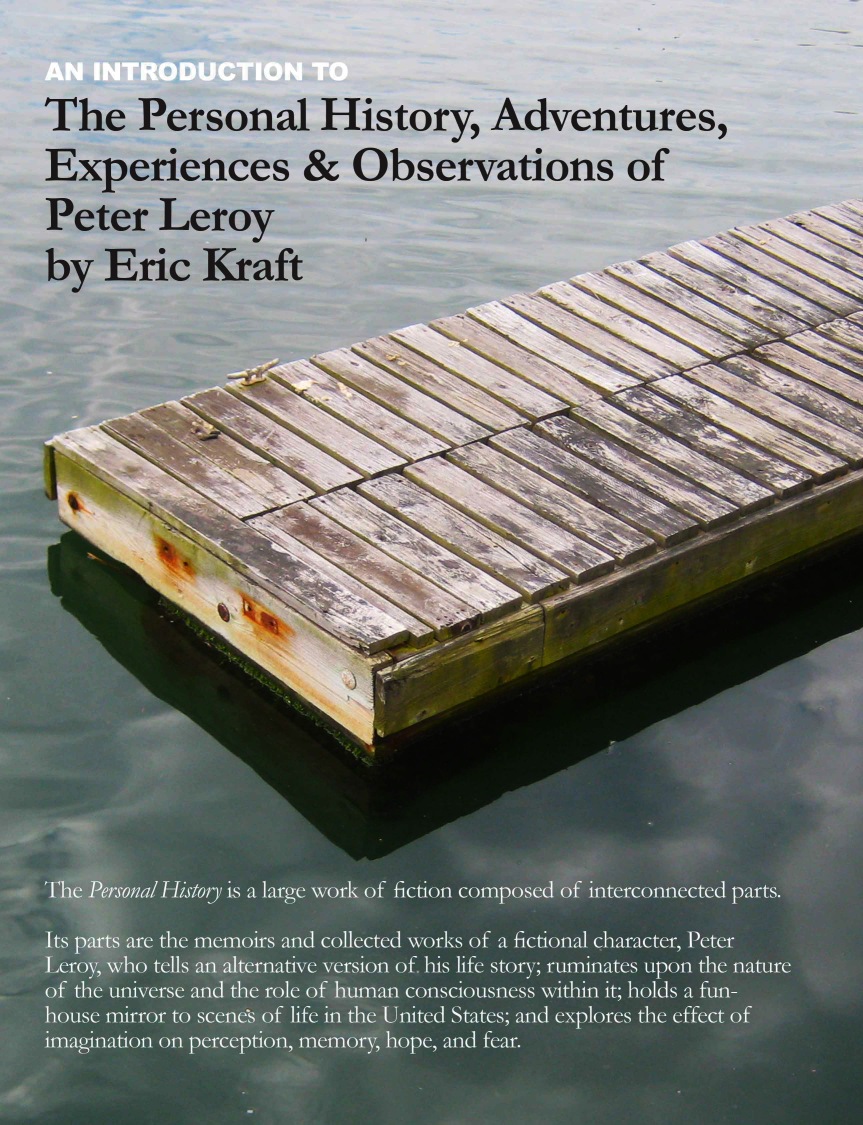
 The man who trips would be the last to laugh at his own fall, unless he happened to be a philosopher, one who had acquired by habit a power of rapid self-division and thus of assisting as a disinterested spectator at the phenomena of his own ego. But such cases are rare.
The man who trips would be the last to laugh at his own fall, unless he happened to be a philosopher, one who had acquired by habit a power of rapid self-division and thus of assisting as a disinterested spectator at the phenomena of his own ego. But such cases are rare.
Charles Baudelaire, “On the Essence of Laughter”
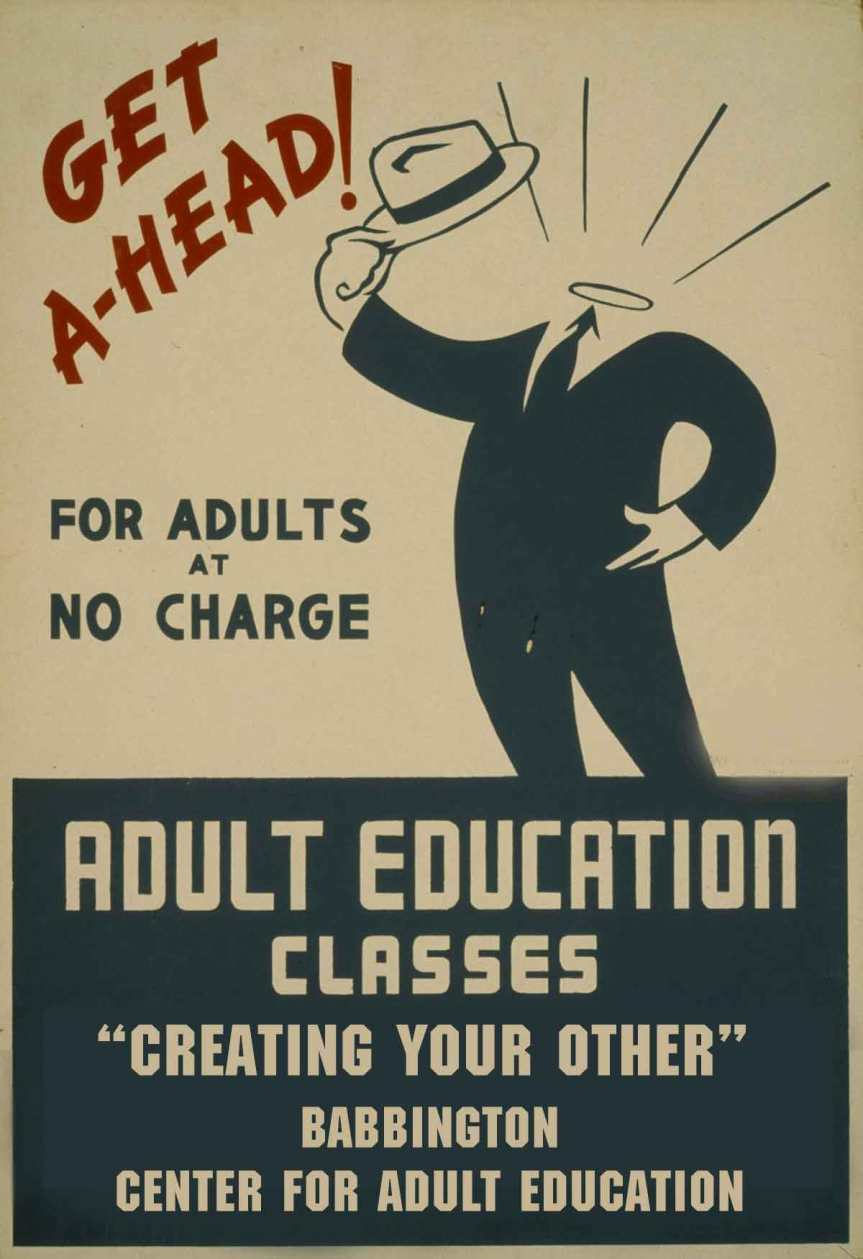

 The I in any sort of autobiography, whether ten-volume memoir or barside anecdote, is any man’s chief and continuing work of fiction.
The I in any sort of autobiography, whether ten-volume memoir or barside anecdote, is any man’s chief and continuing work of fiction.
Quincy, in Vance Bourjailly’s Confessions of a Spent Youth
